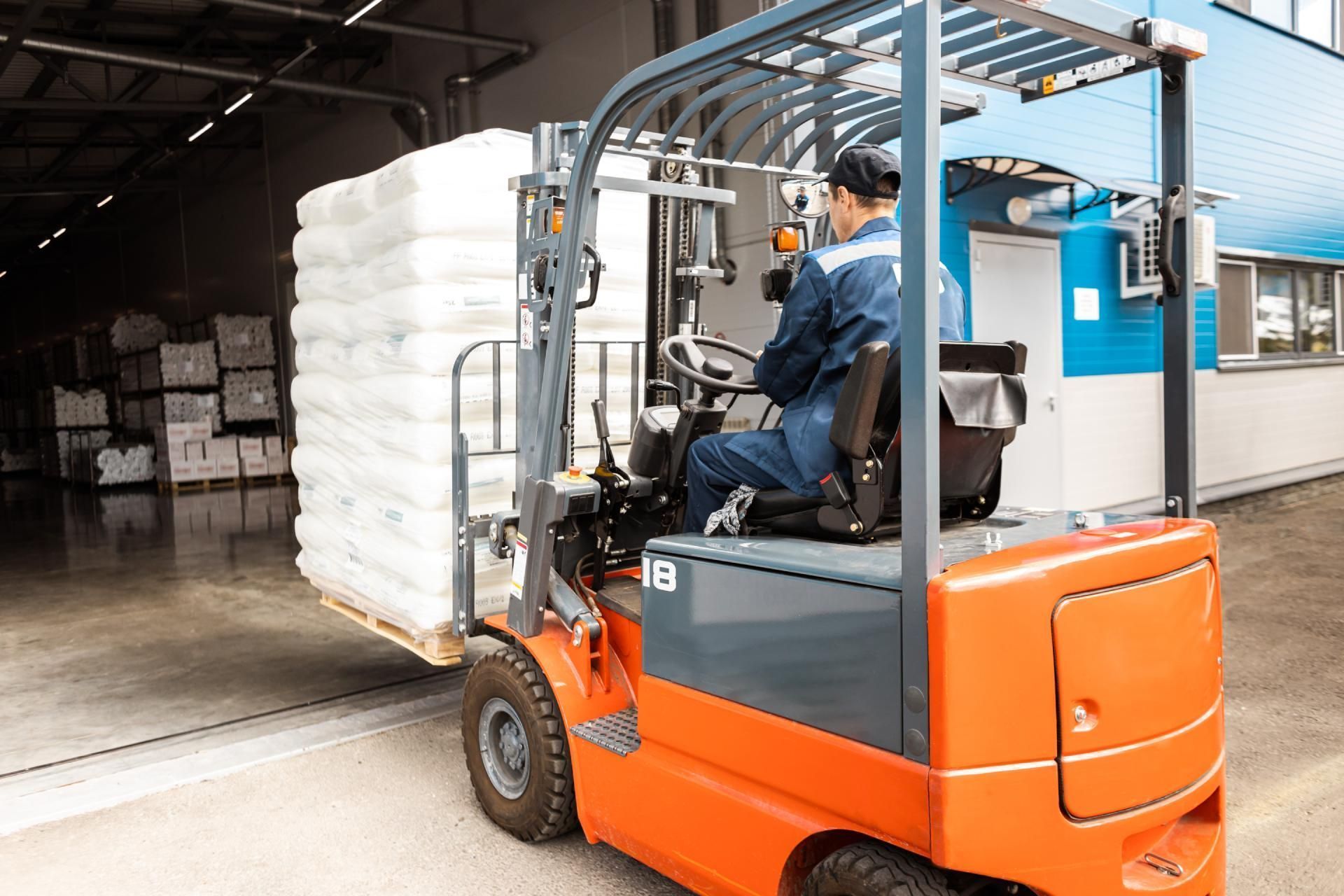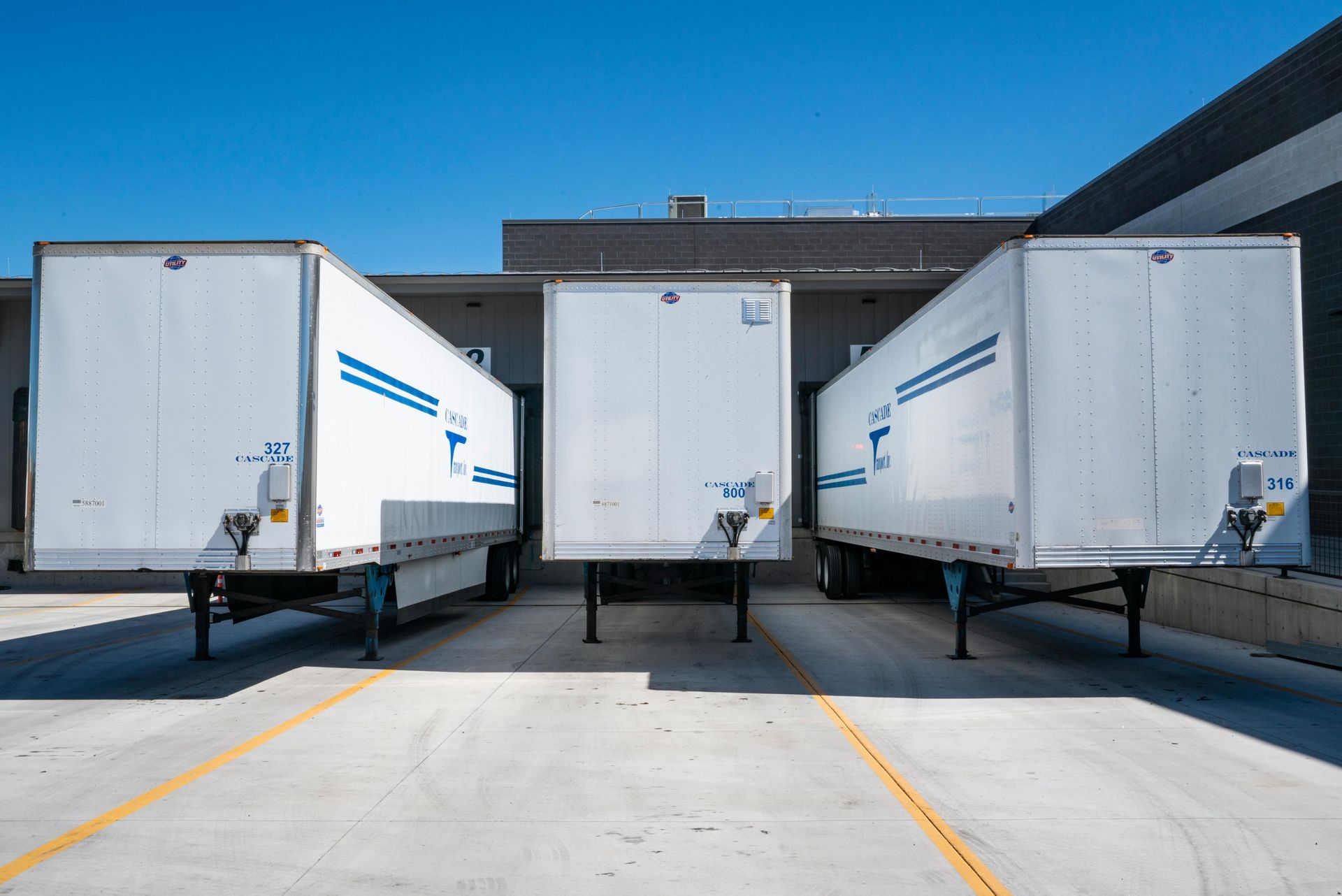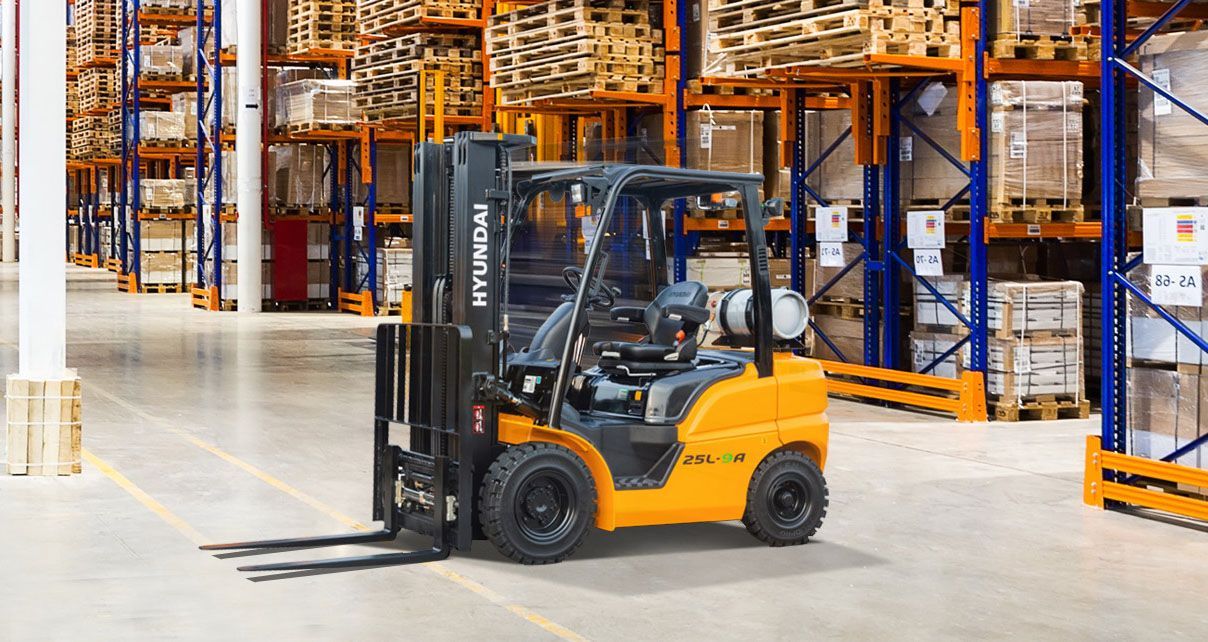The Differences Between Electric and Internal Combustion Forklifts
Forklifts are an integral part of the material handling industry, and choosing which type to use is a crucial decision for any business. Internal combustion (IC) and electric forklifts have advantages and disadvantages, which warehouse managers should carefully consider before purchasing. IC forklifts are traditionally less expensive up front, while electric forklifts offer greater safety and environmental friendliness. Both types also have their own unique sets of maintenance and operational costs t hat should be taken into account when weighing the decision.
Forklift Overview
A forklift is a machine that transfers heavy or bulky loads from one point to another, much like a fork in a kitchen. They’re used to move heavy and oversized items that would otherwise be too dangerous or difficult to move by hand. Traditionally, forklifts were manually powered, but more recently, engineers are creating forklifts with automated electronic controls that make operating them easier. A forklift’s capacity describes how much weight it can carry at one time. A forklift’s lift is the distance between the ground and the top of the lift itself. Common forklift types include reach stackers and transport lifts. Reach stackers are used for moving short stacks of materials around a warehouse or industrial facility, while workers use transport lift forklifts to move a load between two locations.
Benefits of Internal Combustion Forklifts
- Cheaper to purchase: Internal combustion forklifts are typically cheaper than electric ones up front. Since IC forklifts have been around longer, more IC forklifts are available to lease or rent than electric ones.
- Less expensive to operate: Internal combustion forklifts require less maintenance and operate at a lower cost than electric forklifts. Therefore, they’re more cost-effective in the long term.
- Easy to learn and operate: Both internal combustion and electric forklifts require similar training and operational knowledge, so they’re relatively easy to learn and operate.
- Higher versatility: Most IC forklifts have a higher load capacity than electric ones and may be better suited for specific warehouse tasks.
- Faster to refuel: The IC engines are quick to refuel, which helps increase productivity and accommodate multiple warehouse shifts.
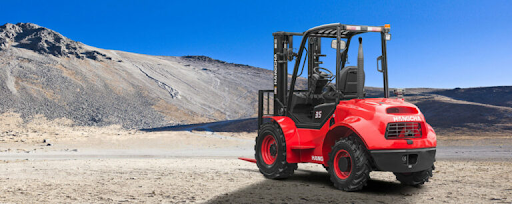
Disadvantages of Internal Combustion Forklifts
- Increased maintenance: Internal combustion forklifts require more maintenance than electric forklifts.
- More dangerous: Internal combustion forklifts are more hazardous than electric ones. If the engine fails in an IC forklift, the whole area can be in danger. For this reason, they may be restricted to certain warehouse areas where flammable materials are stored.
- Greater environmental impact: Internal combustion forklifts are more energy-intensive than electric forklifts, so they have a more significant environmental impact.
- More noise: Most warehouses are noisy places even without forklifts. It’s important to know that IC forklifts are louder than electric ones if noise levels are relevant to your workplace.
Benefits of Electric Forklifts
- Less dangerous: Electric forklifts are less dangerous than internal combustion forklifts and can be used safely in most areas of a warehouse.
- Less maintenance: Electric forklifts require less maintenance than internal combustion forklifts.
- Less environmental impact: Unlike internal combustion forklifts, electric forklifts don’t require fuel and have a smaller environmental impact.
- Fuel costs: Charging an electric forklift is typically cheaper over time than the fuel costs for IC forklifts.
Disadvantages of Electric Forklifts
- Recharge time: It takes longer for an electric forklift to recharge than it does for an IC forklift to refuel. For warehouses with multiple shifts, planning out when to charge electric forklifts is essential to productivity.
- Expensive to purchase: Electric forklifts are more expensive to purchase than internal combustion forklifts upfront.
- Less load capacity: Electric forklifts aren’t suited for heavy lifting jobs.
- Finding a vendor/supplier: Although electric forklifts are becoming common throughout the materials handling industry, not all vendors may have electric forklifts available to buy or rent.
Maintenance and Operational Costs of IC and Electric Forklifts
When it comes to maintenance tasks, there are some similarities between IC and electric forklifts. Both require regular maintenance, such as oil changes, chain maintenance, and spark plug replacements. Both types of forklifts also require regular operational checks to ensure they’re functioning correctly. However, internal combustion forklifts require more maintenance than electric forklifts, so they’re more expensive to maintain over the long term.
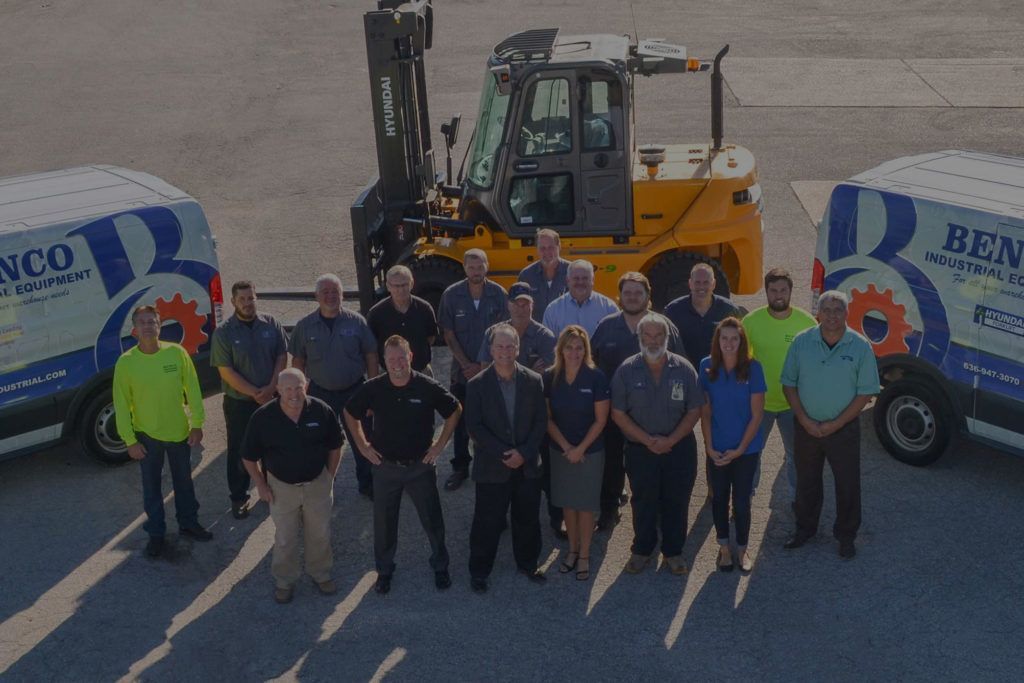
Key Considerations When Choosing a Forklift
When choosing a forklift, businesses should consider their weight capacity, the type of forklift they need, and where they intend to use it. Many forklifts come with a weight capacity of between 20 and 40 tons and are designed for use in warehouses and industrial facilities. However, some forklifts may be too heavy and large for smaller businesses or warehouses. When choosing a forklift, companies should also consider their intended use for the forklift. Reach stackers are used for short-distance maneuvering, while transport lift forklifts are used for moving loads between different locations. They should also consider the shift times for the warehouse and any long-term projects.
Work With Benco Industrial Equipment
Choosing between internal combustion and an electric forklift comes down to cost analysis and the machine’s intended use. Here at Benco Industrial Equipment, we know the ins and outs of the materials handling industry and can help you choose the best for your warehouse or project. We have both electric and IC forklifts ready to buy or rent. We also have various other equipment and products to help your project succeed. Get in touch with us today!
The post The Differences Between Electric and Internal Combustion Forklifts appeared first on Benco Industrial Equipment.


